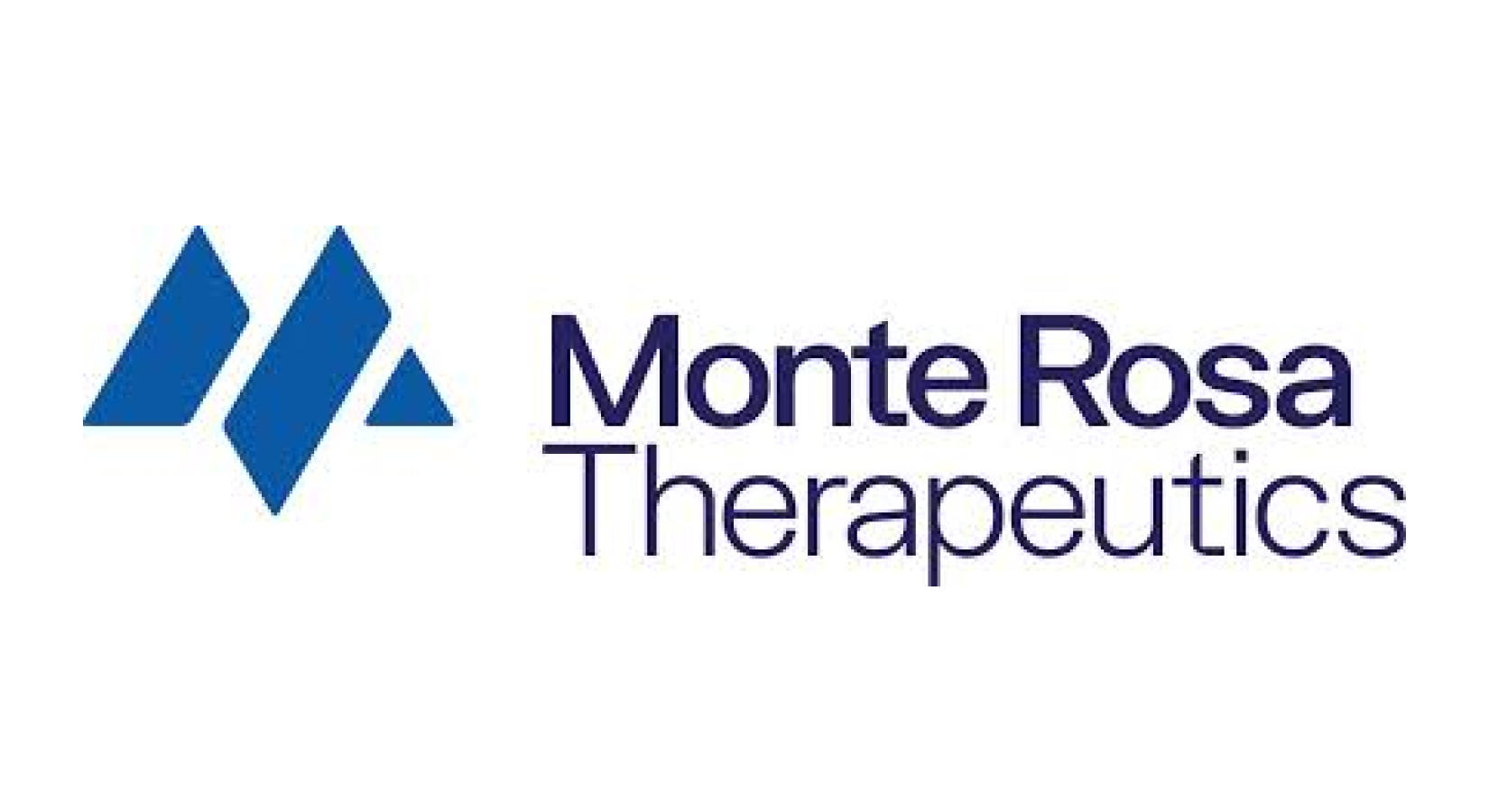Monte Rosa Reports MRT-2359 Progress In MYC-Driven Tumors
Monte Rosa updates Phase 1/2 trial for MRT-2359, a GSPT1-targeting treatment for MYC-driven solid tumors, with promising safety and efficacy.
Breaking News
Dec 06, 2024
Simantini Singh Deo

Monte Rosa Therapeutics, Inc., a biotech company focused on creating molecular glue degrader (MGD)-based therapies, has shared updates on its ongoing Phase 1/2 clinical trial for MRT-2359. This investigational oral treatment targets GSPT1 and is being studied in patients with MYC-driven solid tumours. The trial includes a diverse range of cancers, such as non-small cell lung cancer (NSCLC), small cell lung cancer (SCLC), neuroendocrine tumours, androgen receptor-positive prostate cancer, and estrogen receptor-positive breast cancer.
Enrollment and Dosing Insights
Participants in the study received MRT-2359 across six different dose levels using two dosing regimens: a 5-day on/9 days off schedule (5/9) and a 21-day on/7 days off schedule (21/7).
Safety Findings
For the 5/9 dosing schedule, doses of 0.5 mg and 1 mg per day demonstrated a favourable safety profile. However, higher doses (1.5 mg or more) exceeded the maximum tolerated dose (MTD), with thrombocytopenia being the primary dose-limiting side effect.
Under the 21/7 regimen, both 0.5 mg and 0.75 mg doses were well-tolerated.
The study identified 0.5 mg in the 21/7 schedule as the recommended Phase 2 dose (RP2D).
Additionally, MRT-2359 is now being evaluated in combination with enzalutamide for previously treated metastatic prostate cancer and with fulvestrant for estrogen receptor-positive metastatic breast cancer.
Pharmacodynamic Highlights
Using mass spectrometry, researchers observed consistent degradation of the GSPT1 protein, achieving the target of a 60% reduction in tumour biopsies at all dose levels. This confirms that the selected 0.5 mg dose aligns with preclinical expectations. Monte Rosa plans to continue analysing data from this trial and aims to present updated findings, including biomarker and activity results, in the first quarter of 2025.
Markus Warmuth, M.D., Chief Executive Officer of Monte Rosa Therapeutics, said in a statement, “These latest interim results from our ongoing Phase 1/2 study of MRT-2359 continue to indicate a favourable safety profile and degradation of GSPT1 to desired levels in patients with heavily pretreated, solid tumours, including those that express high levels of MYC. Importantly, we believe the MRT-2359 safety profile supports further clinical development, with no signs of hypotension, cytokine release syndrome (CRS), or clinically significant hypocalcemia observed at any dose level and regimen, all of which have been reported as safety limitations of other GSPT1 degraders.”
He also said, “We’re pleased to confirm the selection of 0.5 mg daily at 21 days on, 7 days off drug dosing schedule as our recommended Phase 2 dose, a schedule that enables dosing of MRT-2359 more than twice as frequently per cycle as compared to the 5 days on, 9 days off regimen previously explored in our study and that we also believe to be more patient compliance-friendly.”
Mr Markus further commented, “Trial enrollment has been strong, and we are working towards completing the biomarker and activity assessment of our monotherapy dose escalation study using the 21 days on, 7 days off schedule, including backfill cohorts. We have started safety assessments of MRT-2359 in combination with enzalutamide in previously treated metastatic prostate cancer patients as well as with fulvestrant in previously treated metastatic estrogen receptor-positive breast cancer patients. We look forward to providing an update on clinical data from the study and plans for potential expansion cohorts in the first quarter of next year.”
